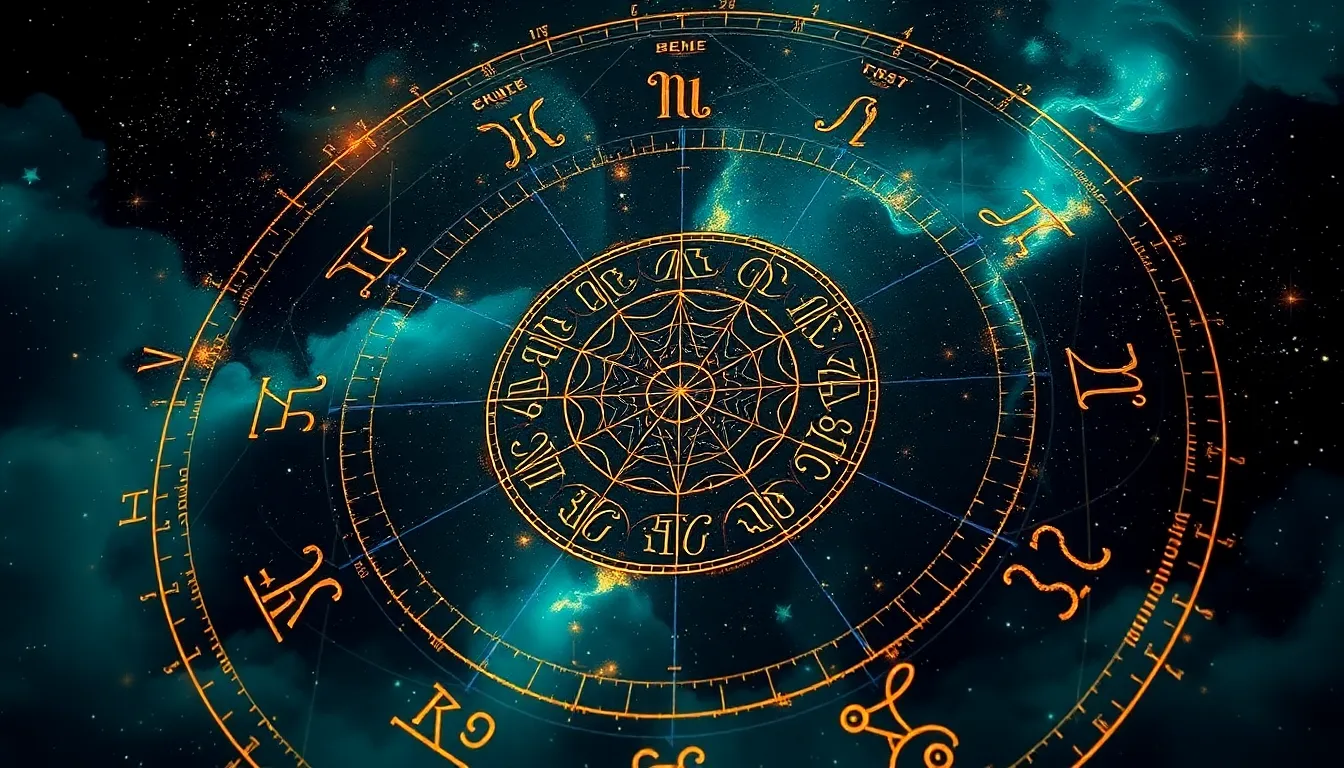Moral Myths and the Nature of Purpose: Lessons from Legends
Introduction to Moral Myths and Purpose
Moral myths are foundational narratives that societies create to communicate their values and ethical beliefs. These myths often serve to illustrate complex moral dilemmas and provide guidance on how individuals should act within their communities. The interplay between myths and the concept of purpose is profound; while myths shape our understanding of morality, they also guide us in our quest for meaning in life.
This article aims to explore the relationship between moral myths and purpose, examining how these narratives from various cultures have shaped ethical understanding and provided individuals with a sense of direction. We will delve into historical contexts, contemporary interpretations, psychological implications, and the future of these narratives in a globalized world.
The Role of Myths in Shaping Morality
Throughout history, moral myths have played a crucial role in shaping the moral frameworks of societies. Different cultures have produced unique myths that convey ethical lessons and societal values. For instance:
- Greek Mythology: Myths such as the story of Prometheus highlight themes of sacrifice and the consequences of defying divine order.
- Native American Legends: Stories like that of the Great Spirit emphasize the interconnectedness of all living things and the importance of respect for nature.
- Eastern Philosophies: Tales from Buddhism, like the story of the Buddha’s sacrifice, illustrate compassion and selflessness.
These myths serve as cultural touchstones, teaching individuals about ethical behavior and societal expectations through engaging narratives that resonate on a personal level.
Purpose as a Central Theme in Legends
Legends often embody the search for purpose, illustrating the human experience’s complexities. They provide a narrative structure through which individuals can explore their aspirations, struggles, and ultimate goals. For example:
- The Epic of Gilgamesh: This ancient Mesopotamian tale portrays Gilgamesh’s quest for immortality, revealing insights about the human condition and the acceptance of mortality.
- King Arthur: The legend of King Arthur emphasizes the ideals of chivalry and the pursuit of justice, serving as a guide for noble conduct.
- Hindu Epics: The Ramayana explores themes of duty (dharma) and righteousness, illustrating the pursuit of one’s purpose in alignment with the greater good.
These legends provide a framework for understanding one’s place in the world and the motivations that drive individuals to seek meaning in their lives.
The Intersection of Morality and Purpose in Heroic Journeys
The archetype of the hero’s journey is a powerful narrative structure that intertwines morality and purpose. Heroes often face moral dilemmas that challenge their beliefs and values. These challenges shape their understanding of purpose and lead to personal transformation. Notable examples include:
- Odysseus: In Homer’s “The Odyssey,” Odysseus encounters numerous moral challenges that test his loyalty, courage, and wisdom, ultimately leading him back to his home and family.
- Harry Potter: In J.K. Rowling’s series, Harry faces choices that reflect themes of sacrifice, friendship, and the struggle against evil, guiding him towards his purpose of protecting others.
- Beowulf: The Anglo-Saxon hero confronts various foes, illustrating the moral obligation to protect his people while grappling with the nature of heroism and legacy.
These heroic narratives reflect the moral complexities of life and the pursuit of purpose, often culminating in profound personal growth and societal impact.
Lessons from Ancient Civilizations: Moral Myths and Their Purposes
Ancient civilizations, including the Greeks, Romans, and Eastern cultures, crafted myths that embedded moral lessons relevant to their societies. The moral purposes behind these myths often addressed fundamental human concerns:
- The Greek Myths: Tales of gods and mortals often conveyed the importance of hubris and humility, teaching individuals about the consequences of their actions.
- Roman Legends: Myths like those of Romulus and Remus emphasized themes of loyalty, duty, and the founding of civilization, serving as models for Roman identity.
- Eastern Myths: Stories from Confucianism and Taoism impart values such as harmony, respect for authority, and balance with nature, highlighting moral responsibilities to society.
These ancient myths remain relevant today, providing insights into contemporary ethical dilemmas and guiding moral behavior in modern society.
Modern Interpretations of Moral Myths
In today’s world, contemporary narratives frequently reinterpret ancient myths, adapting moral lessons to resonate with modern audiences. This evolution of storytelling allows for a deeper exploration of human experience:
- Film: Movies like “The Lion King” draw on Shakespearean themes and African folklore, exploring issues of responsibility and the cycle of life.
- Literature: Modern novels often retell classic myths, such as Madeline Miller’s “Circe,” which reexamines female perspectives in Greek mythology.
- Media: Social media platforms facilitate the sharing of personal narratives that echo mythological themes, creating a new landscape for moral storytelling.
These modern interpretations continue to convey essential moral lessons, demonstrating the enduring power of myths in shaping contemporary values.
The Psychological Dimensions of Myths and Purpose
Psychological theories, particularly Jungian archetypes, provide a framework for understanding the impact of myths on individual and collective identity. Myths resonate with deep psychological truths, influencing how we perceive ourselves and our purpose:
- Identity Formation: Myths help individuals understand their role in society and their connection to cultural heritage, shaping personal identity.
- Mental Health: Engaging with moral myths can foster resilience, offering frameworks for coping with life’s challenges and promoting well-being.
- Collective Consciousness: Shared myths contribute to a sense of belonging and community, reinforcing social bonds and collective values.
These psychological dimensions highlight the transformative potential of myths in fostering a sense of purpose and moral clarity.
Cultural Variations in Moral Myths and Their Purposes
Different cultures perceive morality and purpose through distinct lenses, resulting in a rich tapestry of local legends and folklore. These narratives often reflect the unique ethical frameworks of communities:
- African Folktales: Stories like those of Anansi the Spider convey moral lessons about cleverness, resourcefulness, and the complexities of human nature.
- Indigenous Narratives: Legends from various indigenous cultures emphasize harmony with nature and communal responsibility, highlighting the ethical dimensions of environmental stewardship.
- European Fairy Tales: Classic tales often convey moral lessons about virtue, perseverance, and the consequences of one’s actions, influencing societal values.
Cross-cultural comparisons reveal the diverse ways communities address moral issues and the universal themes that connect them.
The Future of Moral Myths in a Globalized World
In a rapidly globalizing world, traditional moral myths face challenges from modern values and technological advancements. However, this context also presents opportunities for new myths to emerge:
- Challenges: Globalization can dilute traditional narratives, leading to a loss of cultural specificity and ethical clarity.
- Emerging Myths: New myths may arise that address contemporary issues such as climate change, social justice, and technological ethics, reflecting the values of a diverse global community.
- Technology’s Role: Social media and digital storytelling platforms can facilitate the spread of moral narratives, allowing for a democratization of myth-making and ethical discourse.
As societies evolve, the potential for new moral myths to emerge remains a vital aspect of cultural development.
Conclusion: Embracing Moral Myths for a Purposeful Life
In conclusion, moral myths and legends offer invaluable lessons about morality and purpose, guiding individuals in their quest for meaning. By understanding the ethical teachings embedded in these narratives, we can integrate their wisdom into our lives, fostering personal growth and societal harmony. As we navigate the complexities of modern existence, embracing the lessons from myths can help us lead more purposeful lives, grounded in empathy and ethical understanding.




